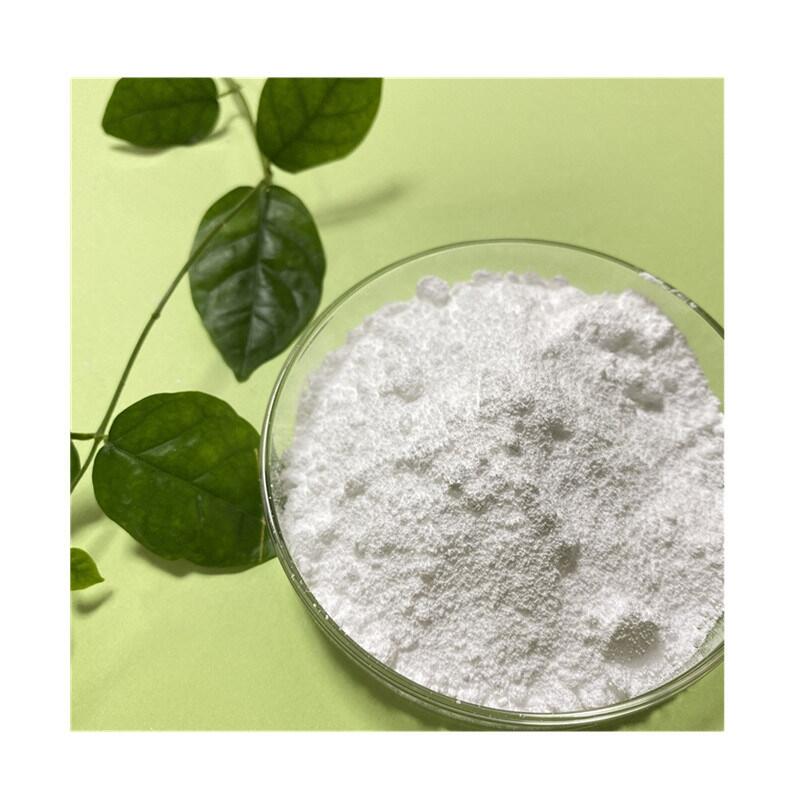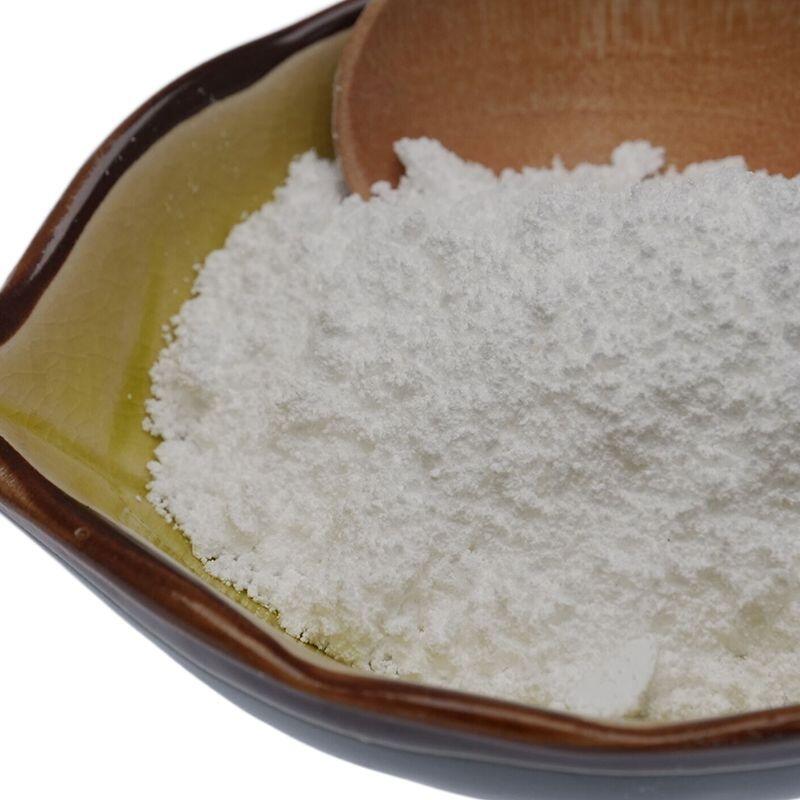-
Categories
-
Pharmaceutical Intermediates
-
Active Pharmaceutical Ingredients
-
Food Additives
- Industrial Coatings
- Agrochemicals
- Dyes and Pigments
- Surfactant
- Flavors and Fragrances
- Chemical Reagents
- Catalyst and Auxiliary
- Natural Products
- Inorganic Chemistry
-
Organic Chemistry
-
Biochemical Engineering
- Analytical Chemistry
-
Cosmetic Ingredient
- Water Treatment Chemical
-
Pharmaceutical Intermediates
Promotion
ECHEMI Mall
Wholesale
Weekly Price
Exhibition
News
-
Trade Service
*Only for medical professionals to read and reference for 1 minute a day, to give you professional "talks" in the tumor circle! (If you want the original text of the document, you can add Xiaobian WeChat yxj_oncology to get it) Key points: Lancet Oncol: O drug + cabozantinib combination therapy can improve progression-free survival and improve patient-reported outcomes JCO: Add capecitabine on the basis of adjuvant chemotherapy A new drug that can prolong the survival of patients with early breast cancer: traditional Chinese medicine for liver cancer! Acoladine was approved for first-line treatment of liver cancer.
New drug: dual-target CAR-T therapy was recognized as advanced therapy and fast-track for regenerative medicine by FDA.
New drug: mitoxantrone hydrochloride liposome injection was approved in China 01Lancet Oncol: O Drug plus cabozantinib combination therapy can improve progression-free survival while improving patient-reported outcomes (RCC) patients exhibited significantly better progression-free survival (PFS)
.
On January 12, Lancet Oncol published patient-reported outcomes (PROs) for CheckMate 9ER
.
RESULTS: Combination therapy maintained or improved PRO compared with sunitinib and significantly delayed the time to worsening patient-reported outcome scores
.
In this international multicenter, open, randomized, phase III trial, patients 18 years and older with untreated advanced RCC (clear cell component, Karnofsky performance status ≥70% and available tumor tissue) were randomly assigned ( 1:1) to nivolumab (240 mg IV every 2 weeks) plus cabozantinib (40 mg orally/day), or sunitinib (50 mg/day orally) monotherapy for 4 weeks (6 weeks as a cycle)
.
PRO was analyzed against prespecified exploratory endpoints at baseline and every 6 weeks until Week 115
.
Disease-related symptoms were assessed using the FKSI-19, and overall health status was assessed using the EQ-5D-3L Visual Analog Scale (VAS) and British Utility Index
.
Between September 11, 2017, and May 14, 2019, 323 patients were randomized to combination therapy and 328 patients were randomized to sunitinib
.
The median follow-up time was 23.
5 months (IQR 21.
0–26.
5)
.
Change from baseline in PRO score indicated a more favorable outcome in the combination arm compared with sunitinib [treatment difference in FKSI-19 total score 2.
38 (95% CI 1.
20-3.
56), p<0.
0001, effect size of 0.
33 (95%CI 0.
17-0.
50); Treatment Difference for FKSI-19 Disease-Related Symptoms V1 1.
33 (95%CI 0.
84-1.
83), p<0.
0001, 0.
45 (95%CI 0.
28-0.
61); EQ-5D-3L Treatment difference for VAS was 3.
48 (95%CI 1.
58-5.
39), p=0.
0004, 0.
30 (95%CI 0.
14-0.
47); treatment difference for EQ-5D-3L UK utility index was 0.
04 (95%CI 0.
01-0.
07) , p=0.
0036, 0.
25 (0.
08-0.
41)], reaching significance at most time points
.
FKSI-19 total score in the combination arm showed a clinically meaningful reduction in the risk of exacerbation compared with sunitinib (HR 0.
70 for first exacerbation, 95% CI 0.
56-0.
86, p=0.
0007; HR for confirmed exacerbation 0.
63, 95%CI 0.
50–0.
80, p=0.
0001)
.
02JCO: The addition of capecitabine to adjuvant chemotherapy can prolong the survival of patients with early breast cancer.
At present, there are few data on the effect of adjuvant capecitabine on the long-term survival of patients with early breast cancer
.
Recently, the results of the randomized, open-label, multicenter FinXX study investigating the integration of capecitabine with adjuvant chemotherapy containing taxanes and anthracyclines in the treatment of early breast cancer were published in JCO
.
Adding capecitabine to a chemotherapy regimen containing docetaxel, epirubicin, and cyclophosphamide prolongs survival in patients with early-stage breast cancer
.
Screenshot of the official website of the journal From January 27, 2004 to May 29, 2007, a total of 1500 patients with axillary lymph node-positive or high-risk lymph node-negative early breast cancer were enrolled
.
Patients were randomly assigned to the TX-CEX group (753 patients) to receive 3 cycles of docetaxel (T) plus capecitabine (X), followed by 3 cycles of cyclophosphamide, epirubicin and capecitabine, or T-CEF (747 patients), received 3 cycles of docetaxel, followed by 3 cycles of cyclophosphamide, epirubicin, and fluorouracil
.
The investigators performed an overall survival analysis based on 15 years of follow-up
.
The results showed that the OS of patients in the TX-CEX group was better than that in the T-CEF group (HR 0.
81; 95%CI 0.
66-0.
99; P=0.
037)
.
The 15-year survival rate was 77.
6% in the TX-CEX group and 73.
3% in the T-CEF group
.
Subgroup analysis showed that OS was longer in the TX-CEX group than in the T-CEF group in estrogen receptor-negative and triple-negative breast cancer patients
.
03New Drugs: Chinese Medicine Treats Liver Cancer! Acoladine approved for first-line treatment indications for liver cancer Recently, Acoladine Soft Capsules was approved by the National Medical Products Administration (NMPA) for the treatment of patients who are not suitable for or refuse to receive standard treatment and have not received systemic systemic therapy before.
For patients with unresectable hepatocellular carcinoma (HCC), the peripheral blood composite markers of patients should meet at least two of the following indicators: AFP≥400ng/mL; TNF-α<2.
5 pg/mL; IFN-γ≥7.
0 pg/mL
.
04New Drugs: Dual-target CAR-T Therapy Receives FDA Regenerative Medicine Advanced Therapy Designation and Fast Track Qualification On January 12, Cibiman Bio announced that the U.
S.
Food and Drug Administration (FDA) has granted its CAR-T product C-CAR039 Regenerative Medicine Advanced Therapy Designation (RMAT) and Fast Track designation for the treatment of patients with relapsed/refractory diffuse large B-cell lymphoma (R/R DLBCL)
.
05New Drug: Mitoxantrone Hydrochloride Liposome Injection Domestically Approved Recently, the official website of NMPA announced that the listing application of CSPC Zhongnuo Pharmaceutical's Mitoxantrone Hydrochloride Liposome Injection has been approved
.
According to the public information, the approved indication of the drug is relapsed or refractory peripheral T-cell lymphoma (PTCL)
.
References: 1.
Cella D, et al.
The Lancet Oncology.
2022 Jan 12.
DOI: https://doi.
org/10.
1016/S1470-2045(21)00693-8.
https:// /journals/lanonc/article/PIIS1470-2045(21)00693-8/fulltext2.
Joensuu H, et al.
J Clin Oncol.
2022 Jan 12:JCO2102054.
doi: 10.
1200/JCO.
21.
02054.
https://ascopubs.
org /doi/abs/10.
1200/JCO.
21.
020543.
https://mp.
weixin.
qq.
com/s/XIM1-x9GXGYzt0HXXfujhQ4.
https://mp.
weixin.
qq.
com/s/ObpAqF_XPpaFP3gPiyUH8w5.
https://mp .
weixin.
qq.
com/s/aNmjdHdC2jqEX3iloCJL7A






